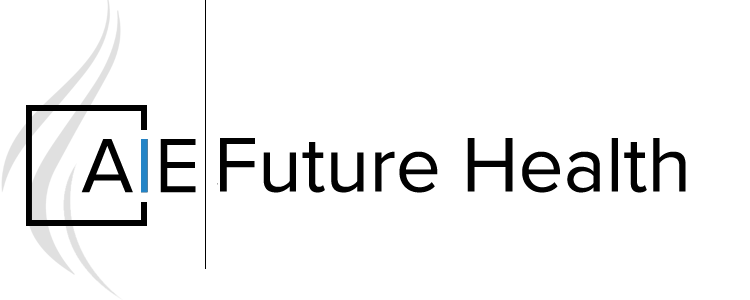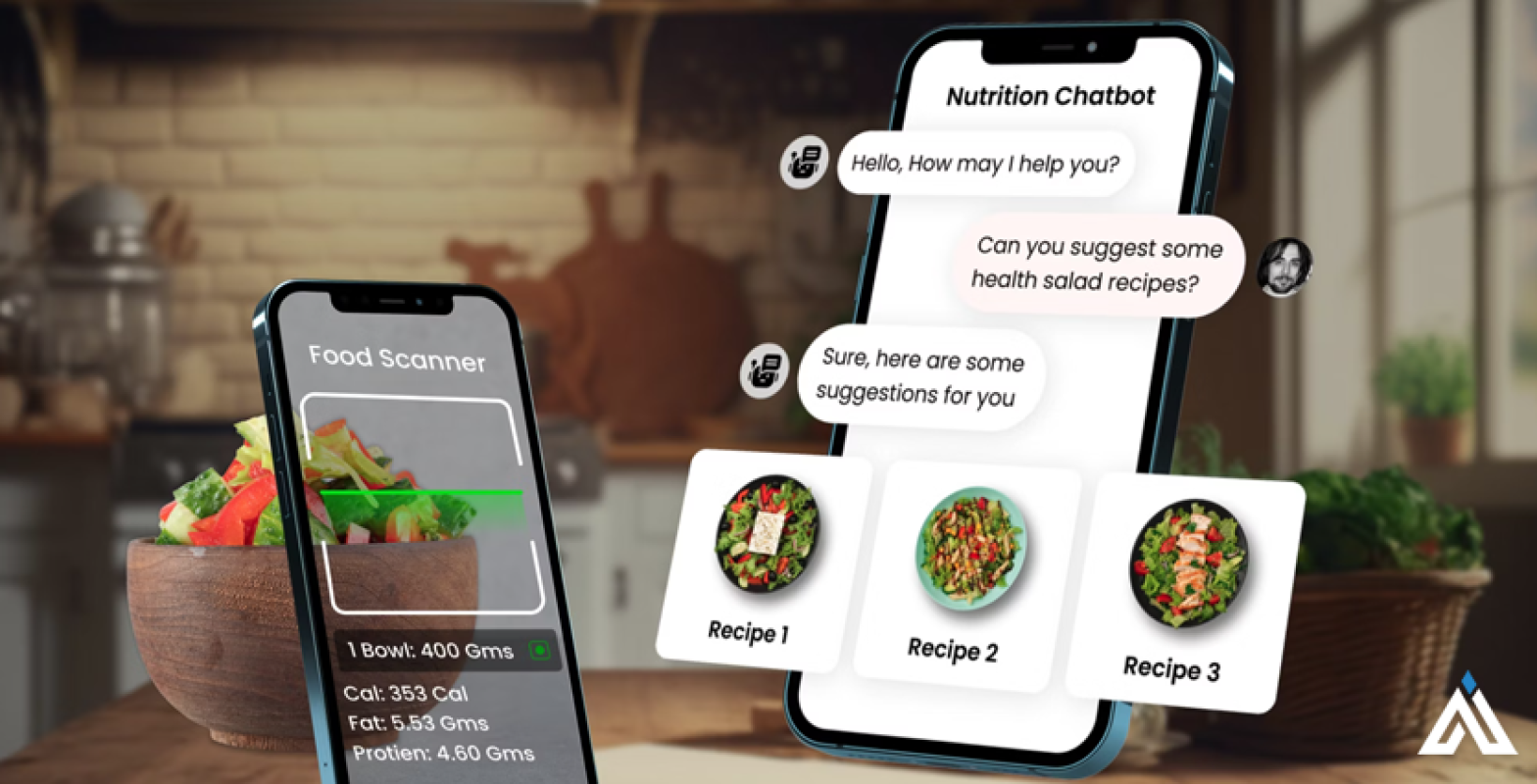In the evolving landscape of health and wellness, artificial intelligence (AI) is revolutionizing the way fitness and nutrition professionals approach diet and workout plans. At the forefront of this innovation is the AI diet, a cutting-edge program designed to optimize weight loss and enhance overall nutrition through personalized nutrition coaching, nutrient analysis, and tailored ai diet recipes. The integration of AI into dietary planning embodies a significant leap towards achieving personalized health goals, heralding a new era of precision in nutrition assessment and the creation of AI diet plans for weight loss. By harnessing the power of AI, professionals can now offer more effective and scientifically backed dietary advice, making the pursuit of health and well-being more accessible and tailored to individual needs.
This article delves into the practical application of AI diet solutions, beginning with an introduction to getting started with AI diet programs and how these tools can significantly enhance professional practice. It will outline the benefits of integrating AI tools for diet plan creation, including improved efficiency in developing AI workout and diet plans and the critical role of AI in nutrition for conducting in-depth nutrition assessments and generating AI diet food lists. Furthermore, the discussion will extend to how fitness and nutrition professionals can effectively utilize these AI technologies in their practice, ultimately concluding with the impactful advantages that AI diet solutions bring to the field of healthcare. Through this guide, healthcare professionals will gain valuable insights into leveraging AI for enhanced nutrient analysis, personalized nutrition, and, overall, a more strategic approach to nutrition coaching and dietary planning.
Getting Started with AI Diet Solutions
The Importance of AI in Modern Fitness and Nutrition
Artificial intelligence has become a pivotal tool in the health and wellness industry, particularly in fitness and nutrition. AI's capability to provide personalized workout and diet plans based on individual data is transforming professional practice. For instance, AI applications like the one highlighted in the study by Morgan Li, Yangxuezhe Sun, and Rayyan Zaid can offer customized fitness advice, calorie tracking, and exercise videos tailored to specific needs. This personalized approach ensures that fitness goals are met more effectively and health requirements are precisely addressed.
Furthermore, AI's ability to analyze vast amounts of health and dietary data allows professionals to gain unprecedented insights into a client's progress and health patterns. This data-driven approach not only enhances the accuracy of fitness programs but also minimizes the risks of injuries by optimizing training intensity and recovery phases.
Initial Setup and Essentials
To begin incorporating AI into fitness and nutrition practices, professionals should first familiarize themselves with available AI tools and platforms that specialize in diet and workout planning. Tools such as AI-driven diet apps analyze factors like age, weight, activity level, and dietary preferences to recommend personalized meal plans and recipes. These platforms are instrumental in tracking calorie intake and macronutrient distribution, enabling real-time feedback and adjustments to diet plans.
Setting up involves selecting the appropriate AI tool that aligns with the professional's specific needs—whether it's for detailed nutrient analysis, meal planning, or client diet tracking. Once a suitable tool is chosen, professionals can start integrating these systems into their practice by inputting initial client data such as dietary habits, health goals, and personal preferences. This initial data serves as the foundation for the AI to generate accurate and tailored dietary guidance, thereby enhancing the overall effectiveness of nutrition planning and client satisfaction.
How AI Enhances Professional Practice
Efficiency Improvements
AI technologies significantly enhance the efficiency of nutrition and fitness professionals by automating the creation of personalized diet plans and workout routines. AI's ability to quickly analyze vast amounts of data, including health history, dietary preferences, and fitness goals, allows professionals to deliver tailored recommendations much faster than traditional methods. This automation extends to real-time monitoring and adjustments based on continuous data collection from wearables and apps, ensuring that the dietary and fitness plans remain optimal as client conditions evolve.
Enhanced Personalization
The power of AI lies in its capacity to personalize. By integrating detailed individual data such as genetic information, lifestyle habits, and specific health conditions, AI tools develop highly customized nutrition plans that address unique dietary needs and fitness goals. This level of personalization not only improves the management of chronic diseases and overall well-being but also increases client satisfaction and adherence to health plans. AI's dynamic adjustments to meal compositions and workout intensities based on ongoing health data further exemplify its role in crafting truly individualized health strategies that evolve with the user.
Effective Use of AI Tools in Practice
In the realm of nutrition and dietetics, the integration of AI tools offers a transformative approach to enhancing client care and professional efficiency. Here, we explore the practical application of AI technologies that are reshaping the landscape of health and wellness.
Step-by-Step Implementation
- Selection of AI Tools: Choose AI applications like MyFitnessPal or SnapCalorie that align with specific professional needs, such as meal tracking or real-time dietary feedback.
- Integration into Practice: Incorporate these tools into daily practice by inputting initial client data to enable personalized dietary advice and meal planning.
- Client Interaction: Utilize conversational AI and photo recognition features to interact with clients, providing them with immediate nutritional insights and recommendations based on their dietary intake.
Case Studies and Examples
AI-powered nutrition apps like RxFood and SnapCalorie have significantly advanced the way dietitians interact with client data. For instance, RxFood integrates medical histories with dietary habits to offer tailored nutrition advice, demonstrating substantial time savings in obtaining diet histories—up to 75% faster than traditional methods. Similarly, SnapCalorie uses photo recognition to analyze meal photos, providing instant feedback on nutrient content, which helps in adjusting clients' diets more efficiently.
Moreover, the integration of AI with devices like Dexcom's continuous glucose monitoring systems exemplifies how real-time data can lead to improved health outcomes, such as notable reductions in A1C levels for diabetes patients.
By adopting these AI tools, nutrition professionals not only enhance the accuracy of dietary assessments but also empower clients to make informed food choices, ultimately leading to better health management and client satisfaction.
Conclusion
Through this exploration of AI diet solutions, we have seen the remarkable potential AI brings to the fields of health and fitness, providing a nexus of efficiency, precision, and personalization. By leveraging advanced AI technologies, fitness and nutrition professionals are equipped to tackle the complex demands of dietary planning and health management, ensuring that individualized care is not just a goal but a reality. The ability of AI to analyze vast arrays of data and continuously adapt to individual user profiles underscores a significant advancement in our approach to wellness, empowering healthcare professionals to deliver care that is truly tailored to each client.
As the industry moves forward, it's clear that the integration of AI into health and wellness practices is not merely a trend but a transformative shift that has the potential to redefine how we engage with diet and fitness on a fundamental level. The implications of these technologies extend far beyond the immediate benefits of personalized diet plans and efficient health assessments, promising a future where AI-driven insights lead to healthier lifestyles and improved health outcomes across the board. For healthcare professionals exploring the horizon of AI in nutrition and fitness, the journey is just beginning—a journey towards more dynamic, responsive, and effective healthcare solutions.
FAQs
What does the AI nutrition diet entail?AI nutrition diets utilize AI prompts to analyze individual preferences, dietary restrictions, and health objectives to create personalized meal plans. These plans are designed to meet each person's specific nutritional needs, ensuring they receive accurate nutritional information and recommendations on portion sizes for optimal health.
Is there an AI application that assists with weight loss? Yes, Noom is a well-known weight loss application that incorporates artificial intelligence to aid users in losing weight and maintaining it. Noom offers personalized meal plans, tracks exercise, and provides support from a human coach. It leverages AI primarily to provide motivational statistics to its users.
Can AI technology replace a human nutritionist? Currently, AI technology is not expected to completely replace human nutritionists or dietitians within the next 5 to 10 years. Although AI is progressing rapidly across various sectors, the specialized expertise and personalized care provided by human professionals remain invaluable.
What are some of the healthiest foods to include in your diet? The healthiest foods recommended by experts include fish, broccoli and other cruciferous vegetables, beets, spinach, other leafy greens, kale, peanut butter, almonds, and mangos. These foods are highly nutritious and beneficial for overall health.








Comments